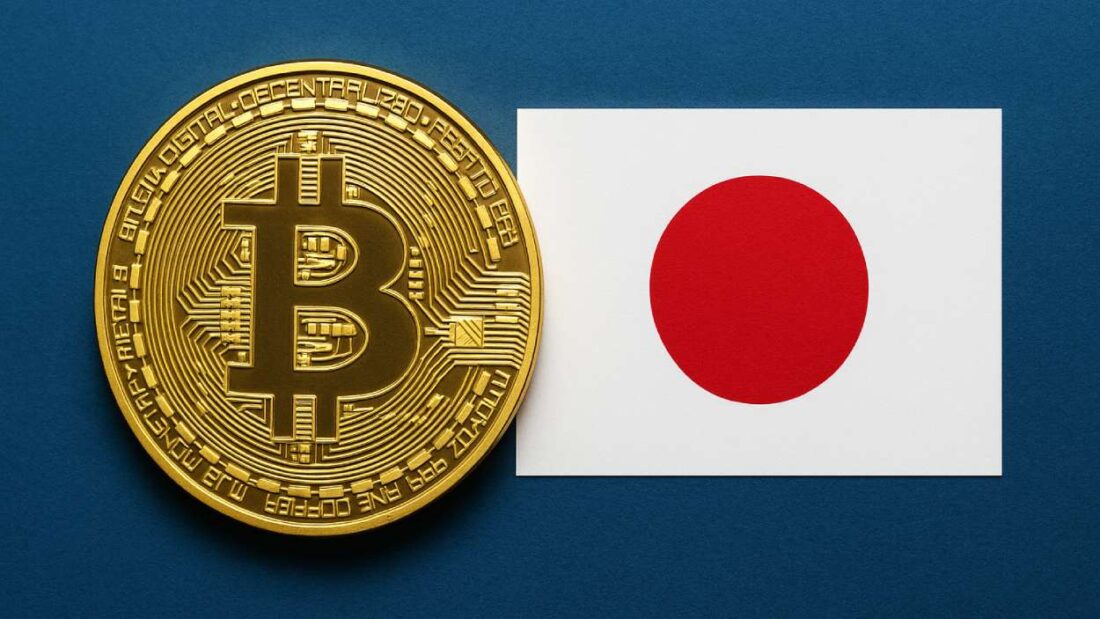Japan is planning a major legal reform that will require crypto exchanges to set aside emergency reserve funds to protect users in case of hacks or unauthorized asset outflows.
Key Takeaways
- Japan’s Financial Services Agency (FSA) will require crypto exchanges to hold liability reserves to compensate users in the event of hacks or fund loss.
- The FSA plans to submit the legal bill in 2026, aiming to formalize the reserve requirement as part of broader crypto regulations.
- Exchanges may be allowed to hedge part of their liabilities using insurance, easing the financial burden of holding reserves.
- Additional reforms include mandatory registration for crypto custodians and reclassifying digital assets under stricter financial laws.
What Happened?
Japan’s Financial Services Agency is preparing a bill that would legally require cryptocurrency exchanges to establish liability reserves. These reserves are designed to ensure that customers can be compensated promptly in case of a cyberattack or if assets are drained due to internal or third-party failures. This proposed legislation follows recent high-profile breaches that have shaken trust in the sector.
UPDATE 🚨
— That Martini Guy ₿ (@MartiniGuyYT) November 25, 2025
Japan just made it mandatory for crypto exchanges to keep emergency cash reserves!
If an exchange fails or gets hacked, customer funds stay safe! pic.twitter.com/upjd6kdGSt
Japan’s Reserve Mandate: A New Security Standard
The FSA’s new reserve system is modeled on Japan’s traditional securities regulation, where brokers must set aside capital to address operational risks or illegal activity. Currently, crypto exchanges in Japan are only required to store customer assets in cold wallets, which are offline and considered safer from hacks. However, there is no existing obligation to earmark funds for compensation if losses occur.
Key features of the proposal include:
- Mandatory liability reserves tailored to each exchange’s trading volume and risk exposure, potentially ranging from 2 billion to 40 billion yen (approximately $12.7 million to $255 million), based on precedents in the securities industry.
- Optional insurance coverage to fulfill part of the reserve requirement, helping reduce operational costs.
- Asset recovery provisions that would enable lawyers or court-appointed administrators to return customer funds in case an exchange goes bankrupt.
These measures aim to directly address vulnerabilities exposed by past incidents. In May 2024, DMM Bitcoin lost 48.2 billion yen (roughly $312 million) in a hack traced to its third-party service provider, Tokyo-based Ginco. Similarly, in February 2025, Bybit suffered a theft of $1.46 billion, making it one of the largest crypto losses globally this year.
Broader Crypto Reform in Japan
The reserve mandate is part of a larger regulatory overhaul. Japan is rethinking how cryptocurrencies should be legally defined and regulated. Currently governed under the Payment Services Act, crypto assets may soon be reclassified under the Financial Instruments and Exchange Act, bringing them in line with traditional financial products like stocks and bonds.
This shift would:
- Introduce insider trading laws and other compliance rules for crypto assets.
- Reduce capital gains taxes on digital asset investments to a flat 20 percent, similar to securities taxation.
- Enforce stricter oversight of service providers by requiring third-party custodians and trading infrastructure partners to register with authorities before working with exchanges.
This change directly responds to the weaknesses exposed during the DMM Bitcoin hack, where the attacker accessed systems via an unregulated third-party.
International Context and Stablecoin Strategy
Japan’s move aligns with global trends. The European Union and Hong Kong have introduced similar rules requiring exchanges to secure insurance or capital reserves. Japan is also pushing forward on its stablecoin strategy, supporting projects involving major banks to create yen-pegged stablecoins.
Meanwhile, Japanese asset management giants such as Mitsubishi UFJ Asset Management and Daiwa Asset Management are preparing to launch the country’s first crypto investment trusts, signaling institutional interest in a maturing regulatory environment.
CoinLaw’s Takeaway
In my experience watching regulatory trends across Asia, this is a big deal. Japan has learned from past crypto mishaps and is taking a thoughtful, methodical approach to closing the gaps. I found it especially important that they’re not just reacting to individual hacks, but also modernizing their legal framework to treat crypto like any other investment product. For anyone doing business in or with Japan, these moves show the country is building one of the most secure and well-regulated crypto markets in the world.


































































